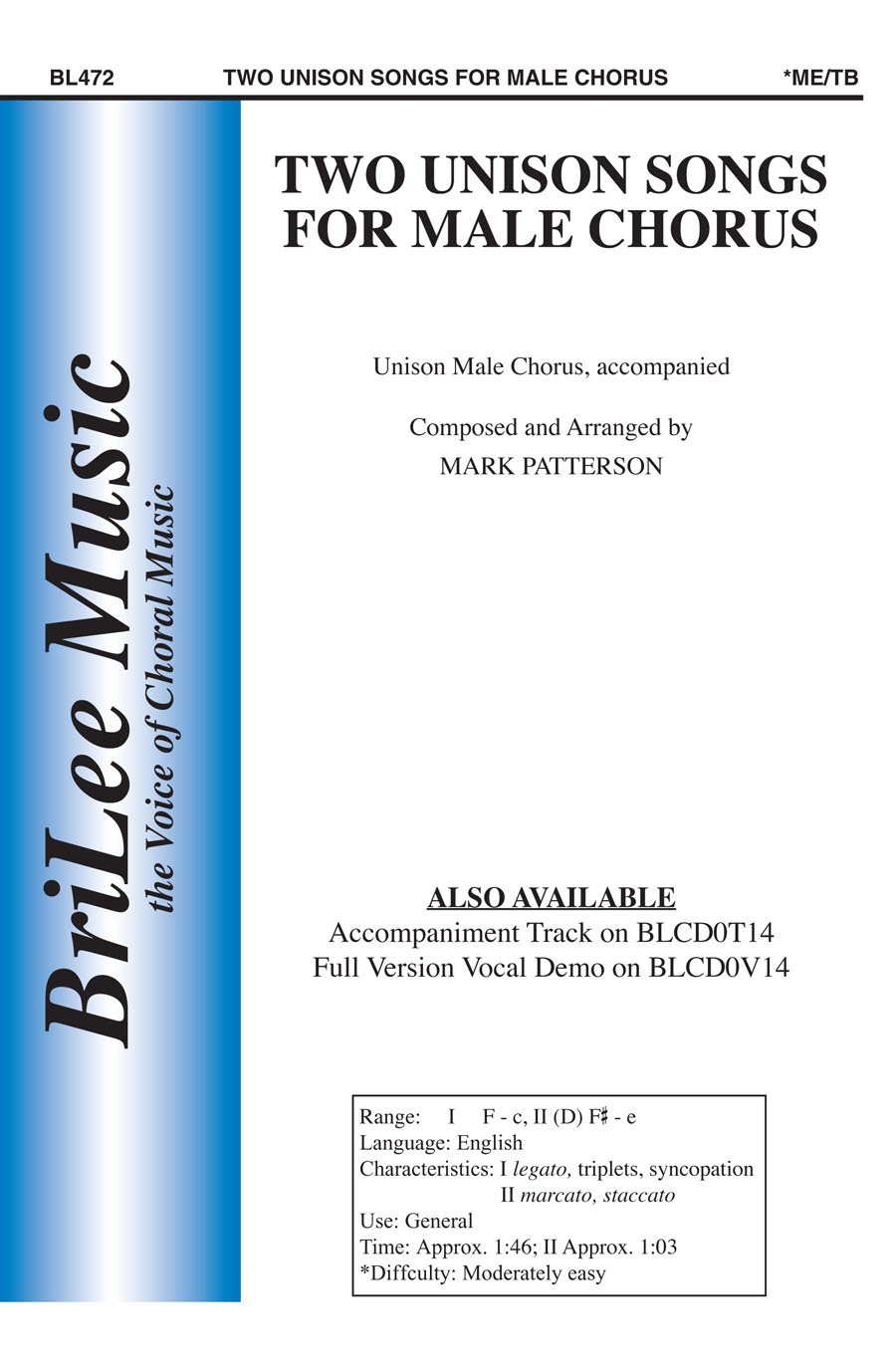

We lack studies that correlate vocal characteristics to body size, the basic gender difference aside, but there is general belief large-bodied peoples (Slavs, for example) frequently produce low-voiced singers, while small-bodied peoples (Mediterraneans, for example) produce more high-voiced singers. There are no bones in the human larynx, so archaeological remains offer no direct physical evidence of the vocal apparatus of prehistoric man. Many anthropologists believe the development of a lowered larynx (important to articulate speech, as it effectively makes the flexible lower tongue the front wall of the pharynx) was a relatively recent aspect of human evolution. At what point the singing of meaningful, communicative sounds began cannot be established, but it was doubtless an important step in the creation of language. It is likely the earliest singing was individualistic and improvisatory, a simple imitation of the sounds heard in nature. There are even cultures that regard singing as such an awesome act they have creation myths relating that they were sung into existence. Primitive man sings to invoke his gods with prayers and incantations, celebrate his rites of passage with chants and songs, and recount his history and heroics with ballads and epics. Not only is singing ancient and universal, in primitive cultures it is an important function associated not so much with entertainment or frivolity as with matters vital to the individual, social group, or religion. The voice is presumed to be the original musical instrument, and there is no human culture, no matter how remote or isolated, that does not sing. Singing, the vocal production of musical tones, is so basic to man its origins are long lost in antiquity and predate the development of spoken language. Otto Jespersen, Language, Its Nature, Development and Origin Our remote ancestors had not the slightest notion that such a thing as communicating ideas and feelings to someone else was possible. These utterances were, at first, like the singing of birds and the roaring of many animals and the crooning of babies, exclamative, not communicative-that is, they came forth from an inner craving of the individual without any thought of any fellow-creatures.

When we say that speech originated in song, what we mean is merely that our comparatively monotonous spoken language and our highly developed vocal music are differentiations of primitive utterances, which had more in them of the latter than of the former. But of course we must not imagine that "singing" means exactly the same thing here as in a modern concert hall. Men sang out their feelings long before they were able to speak their thoughts.

Voice is sounding breath, the audible sign of life. A Brief History of Singing ANTIQUITY TO 1590


 0 kommentar(er)
0 kommentar(er)
